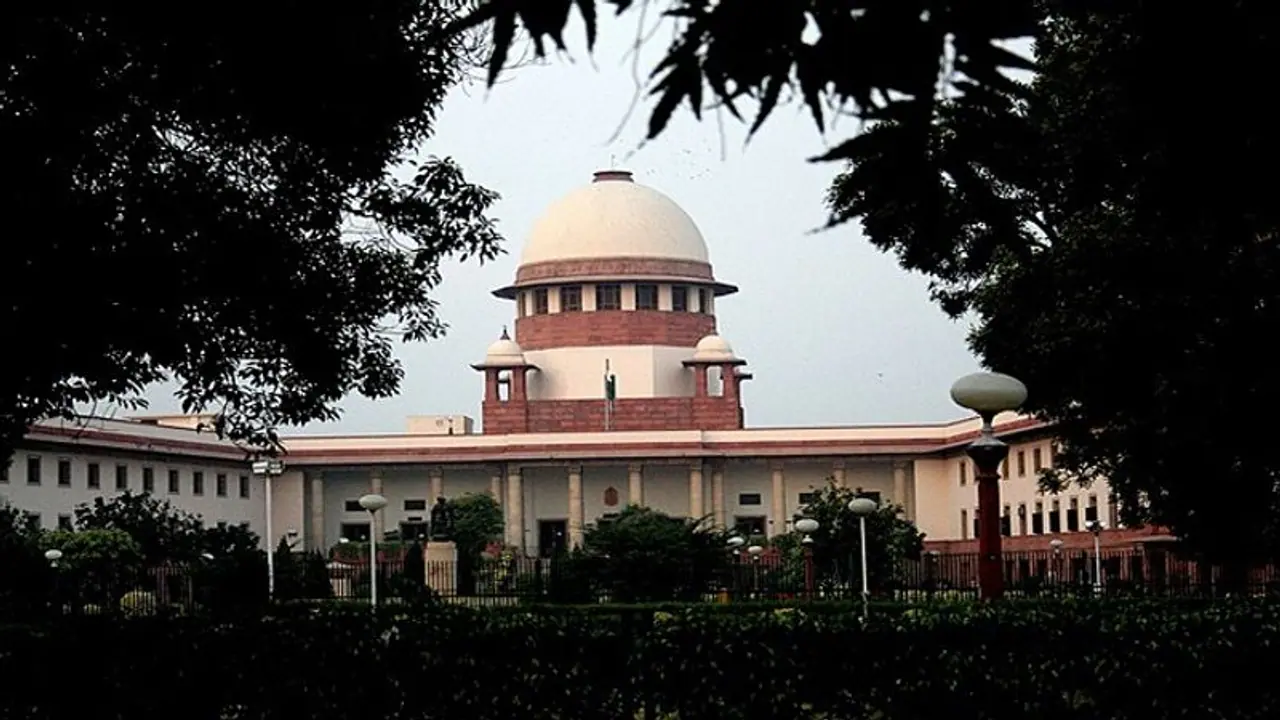A five-judge Constitution bench, led by Chief Justice DY Chandrachud and comprising Justices Sanjay Kishan Kaul, Sanjiv Khanna, BR Gavai, and Surya Kant, will pronounce the judgment.
The Supreme Court's verdict that is all set tobe pronounced on December 11, regarding the constitutional validity of the Centre's decision to revoke Article 370, marks a critical milestone in the contentious issue surrounding Jammu and Kashmir's special status. This provision, which bestowed distinct privileges upon the region, faces scrutiny in response to a series of petitions challenging its abrogation.

A five-judge Constitution bench, led by Chief Justice DY Chandrachud and comprising Justices Sanjay Kishan Kaul, Sanjiv Khanna, BR Gavai, and Surya Kant, will pronounce the judgment. The apex court's decision, reserved after an extensive 16-day hearing, holds the potential to profoundly impact significant decisions undertaken by the Centre over the past four years.
INDIA bloc's fourth meeting on December 19 in Delhi
Article 370, a focal point of the dispute, granted Jammu and Kashmir substantial autonomy while restricting the Centre's legislative authority to finance, defence, foreign affairs, and communications. Its abrogation by the Centre in August 2019 sparked debates on its constitutional validity and the implications of its revocation.
A companion provision, Article 35A, introduced in 1954 via a presidential order under Article 370, extended authority to the Jammu and Kashmir legislature to define permanent residents. It imposed stringent limitations on non-residents, prohibiting them from acquiring land, government jobs, or educational scholarships within the region.
The aftermath of Article 370's revocation witnessed the reorganization of the erstwhile state into two Union Territories—Ladakh and Jammu and Kashmir. Ladakh was established as a Union Territory without a legislature, while Jammu and Kashmir retained a legislative assembly.
Governance in both Union Territories has been overseen by Centre-appointed lieutenant governors, with no assembly elections held in Jammu and Kashmir since August 5, 2019.
Telangana CM Revanth Reddy visits KCR in Hyderabad hospital | See photos
The imminent verdict holds immense significance, not merely as a legal adjudication but as a potential influencer of the socio-political landscape, reshaping the dynamics of Jammu and Kashmir's constitutional framework and the Centre's jurisdiction in the region.
